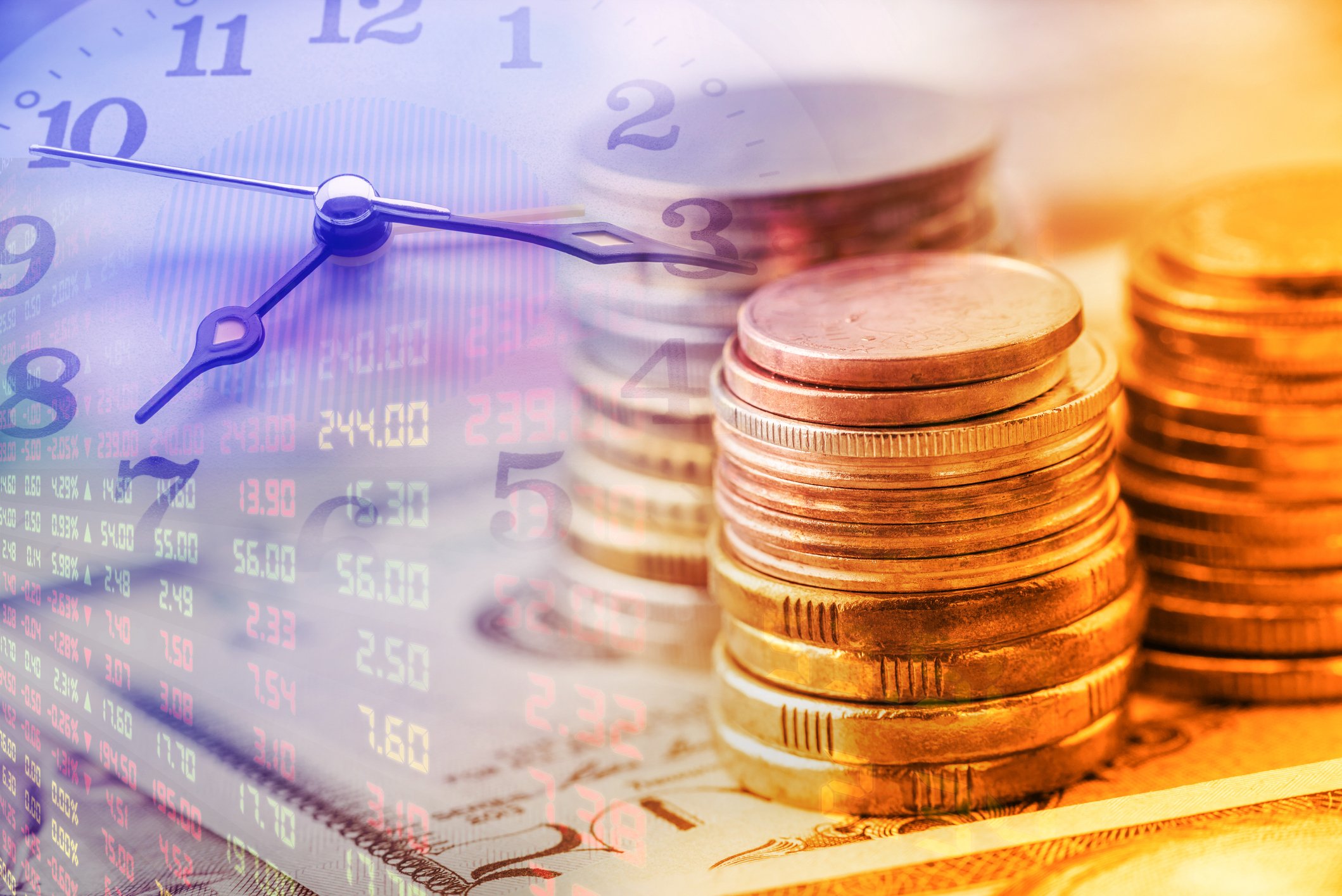Investors focus a lot of attention on what Warren Buffett buys through Berkshire Hathaway (NYSE: BRK-A)(NYSE: BRK-B). But it can be equally as informative to understand what he doesn't buy.

The two scary investments
In his 2011 annual letter to Berkshire Hathaway shareholders, Buffett devoted nearly 2,000 words of commentary in a section named "The Basic Choices for Investors and the One We Strongly Prefer."
What were those choices?
- "currency-based investments," which included deposits, money market funds, and also, more broadly, bonds
- physical assets, like gold, that don't make anything on their own
- assets that produce things, like "businesses, farms, or real estate."
So which two did Buffett suggest were dangerous and that he would avoid -- and suggested that we should, too?
The currency-based assets and the nonproductive ones.
And it wasn't even close.

Buffett may sit on top of an imaginary world of cash. But he doesn't suggest you hold onto it. Source: www.insidermonkey.com
The danger of currency
Buffett said that while the safety of investments in things like bonds are often lauded -- U.S. Treasury bonds had a yield of 5.7% since he took the helm at Berkshire 47 years ago -- he suggested that in reality "they are among the most dangerous of assets."
The principal concern is inflation, the reality that with almost every passing day, little by little a dollar loses its value. In the letter Buffett said in the same 47 years, the value of a dollar had fallen by a stunning 86%, meaning that "it takes no less than $7 today to buy what $1 did at that time."
A bond -- or an investment like it -- would need to return 4.3% just to maintain its purchasing power over that time. And while government bonds averaged a 5.7% yield, it's critical to remember that was pre-tax. As a result, an investor who fell in the 25% tax bracket would've lost the remaining 1.4% in tax payments.
All of this is to say that the return would've effectively been nothing.
While Buffett suggested there are times when investing in bonds made sense, he also believed "right now bonds should come with a warning label."
Buffett concluded his commentary on bonds by adding:
Today, a wry comment that Wall Streeter Shelby Cullom Davis made long ago seems apt: "Bonds promoted as offering risk-free returns are now priced to deliver return-free risk."
The hazard of gold
Moving beyond bonds, the second type of asset Buffett cautions against are those "that will never produce anything, but that are purchased in the buyer's hope that someone else -- who also knows that the assets will be forever unproductive -- will pay more for them in the future."
The principal one is gold. And the value of gold, and those "investments" like it, is that its value isn't determined by what it can capably produce or yield, but instead an investor hopes that someone will simply be willing to pay more for it in the future.
In Buffett's words:
This type of investment requires an expanding pool of buyers, who, in turn, are enticed because they believe the buying pool will expand still further. Owners are not inspired by what the asset itself can produce -- it will remain lifeless forever -- but rather by the belief that others will desire it even more avidly in the future.
Buffett goes on to contrast the value of every ounce of gold on the planet -- worth $9.6 trillion in total -- against an investment in every acre of cropland in America and 16 -- yes, sixteen -- ExxonMobils (XOM +0.65%), which would amount to $8.6 trillion.
Given that perspective, he suggests no one would sensibly select the gold -- which would fit inside a baseball infield -- against every acre of farmland and an investment in 16 ExxonMobils.
And based on the return of ExxonMobil versus gold since the letter was written in February 2012, it's tough to disagree with him:
The adoration of businesses
With all that in mind, it should come as no surprise Buffett explains why investing in productive assets is so fundamental and valuable. Unlike the first two, their value isn't predicated by what people are willing to pay for them in times of booms and busts, but instead an ability to create valuable goods or services people desire.
No matter how the underlying value is determined, Buffett suggests that "people will forever exchange what they produce for what others produce."
He concludes by saying:
Berkshire's goal will be to increase its ownership of first-class businesses. Our first choice will be to own them in their entirety -- but we will also be owners by way of holding sizable amounts of marketable stocks. I believe that over any extended period of time this category of investing will prove to be the runaway winner among the three we've examined. More important, it will be by far the safest.
Buffett wants us to see that investing in first-class business won't only deliver the best returns, but it will also provide the least risk.









